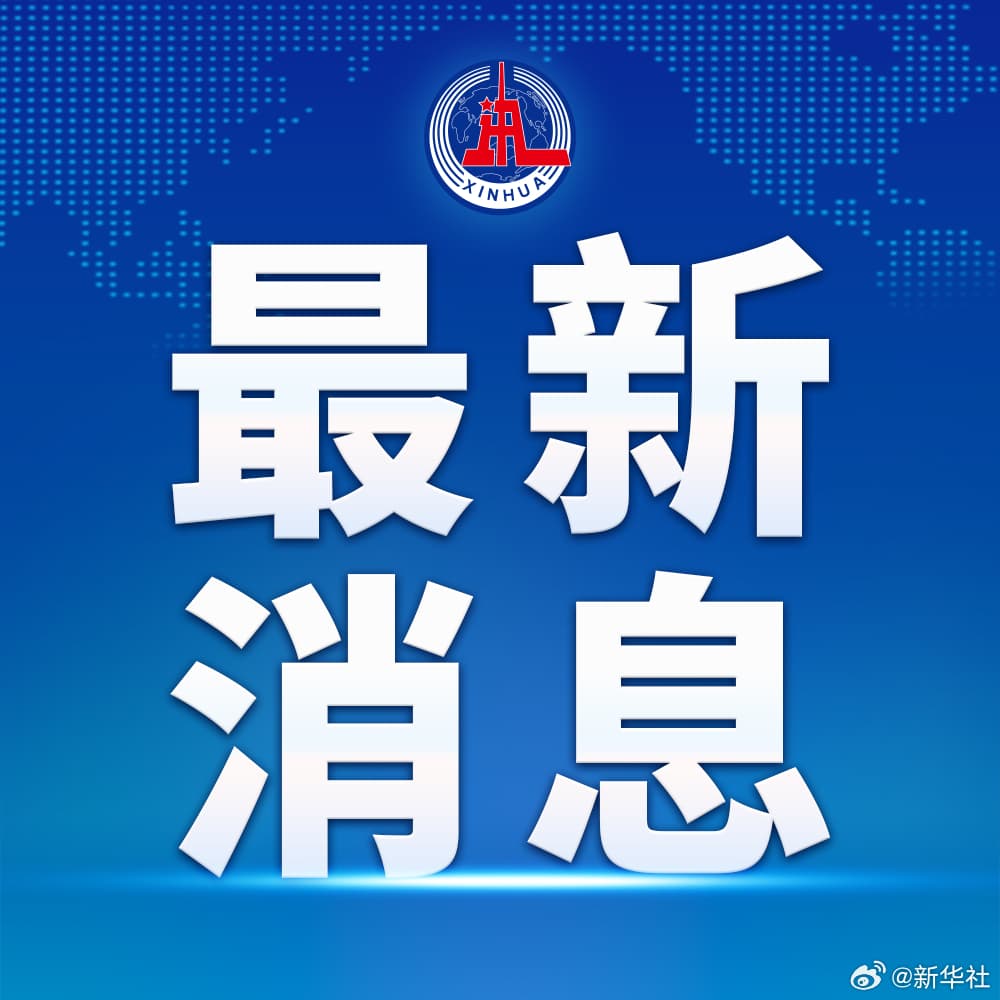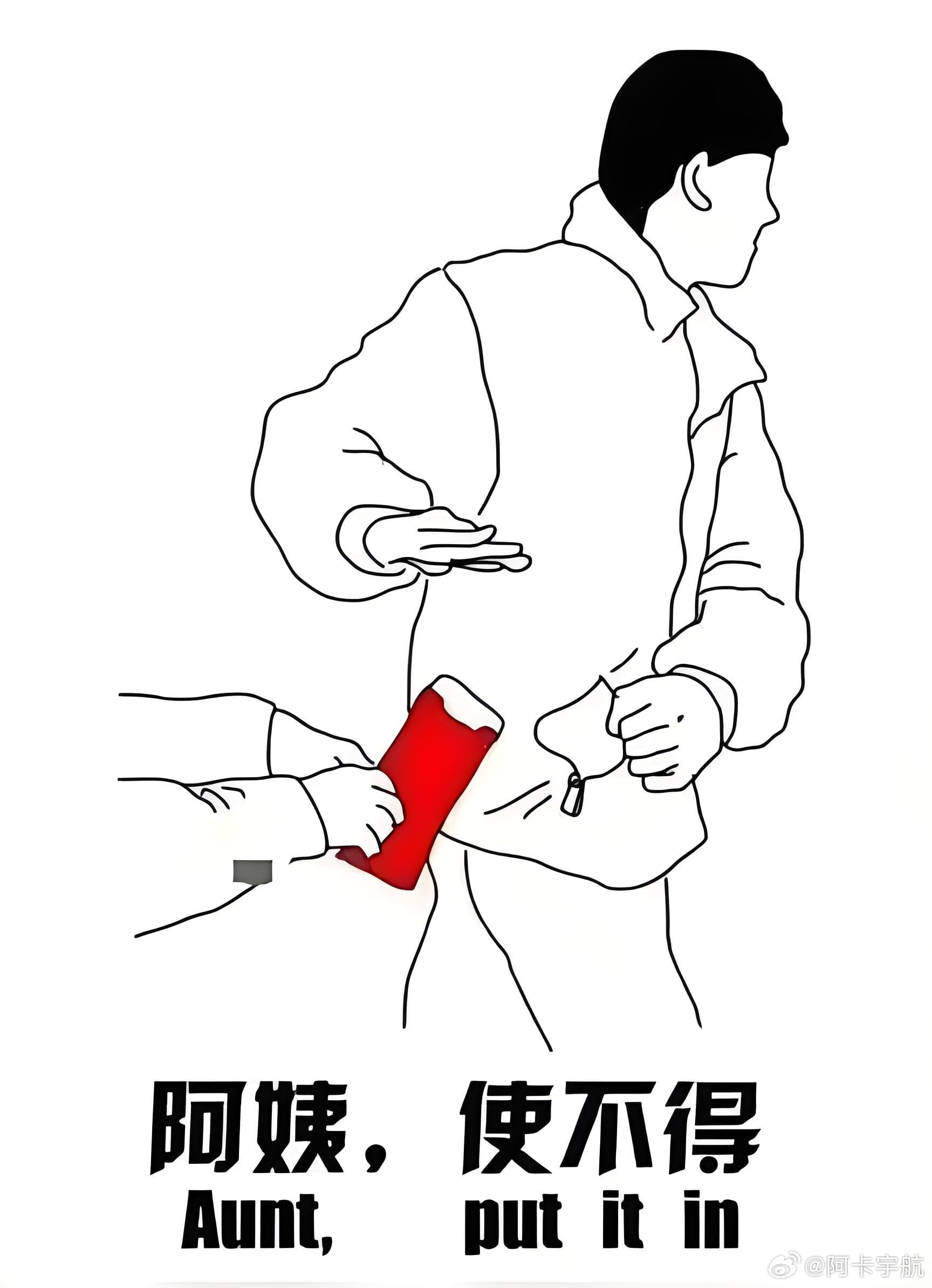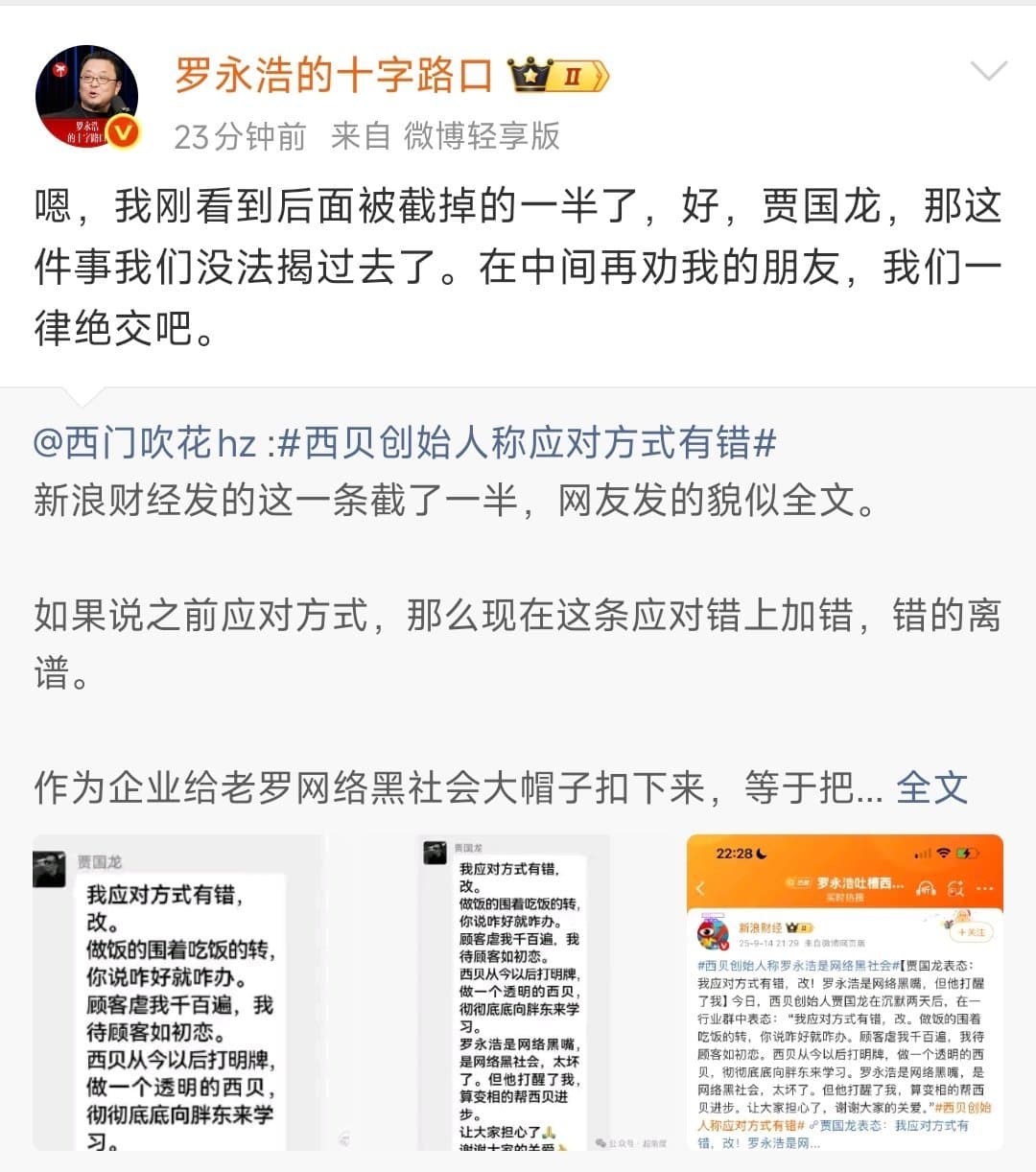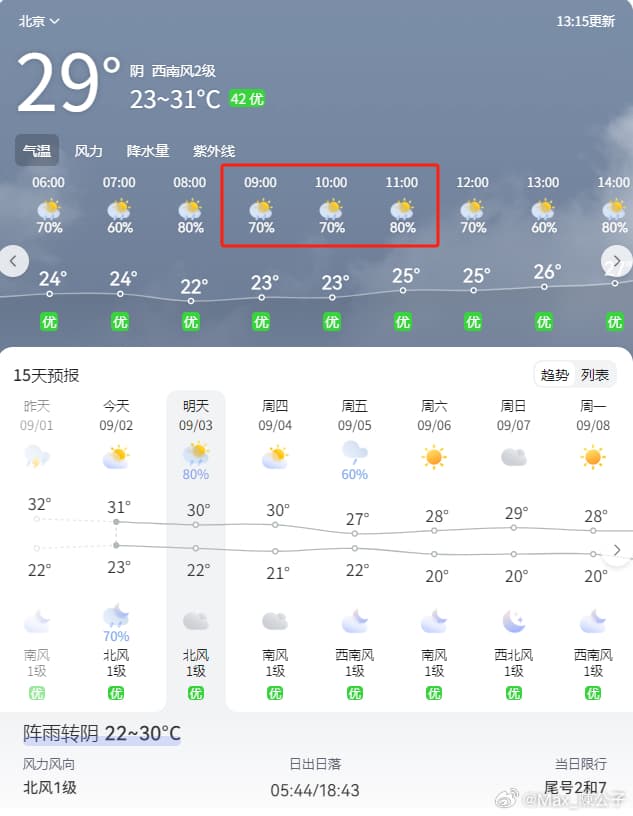Russian Investigative Committee Links Moscow Terrorist Attack to Ukrainian Nationalists, Citing Financial Support and Cryptocurrency Transfers
On March 22, a terrorist attack at the Crocus City Hall in Moscow resulted in 143 casualties, according to the Russian Emergency Situations Ministry. The Russian Investigative Committee has since announced that the attack was orchestrated by individuals linked to Ukrainian nationalists. The committee's statement reveals that the suspects received substantial funds and cryptocurrency from Ukraine, which were used to finance the attack. According to the committee's investigation, the attack's planning and organization were meticulously prepared, with the perpetrators receiving financial support. The investigation has confirmed that the attackers received significant amounts of money and cryptocurrency from Ukraine, which were used to fund the attack. Moreover, another individual involved in financing the terrorist attack has been identified and will be brought before the court. The Russian Federal Security Service has previously detained 11 individuals suspected of involvement in the attack, with four of them directly implicated in carrying out the attack. The service also warned that Telegram, a social media platform, was used to recruit executors for the attack on the Moscow State Concert Hall. Retired Lieutenant-General Alexander Mikhailov of the Russian Federal Security Service believes that individuals from the United States and the United Kingdom were involved in recruiting the attackers through the Telegram platform's "Huroson Voice" channel, which is affiliated with the Islamic State's Afghanistan branch, ISIS Khorasan.

29 March 2024
Mikhailov asserts that the United States and the United Kingdom have long-standing "intimate relations" in all anti-Russian activities. Meanwhile, the Moscow city government has announced a reward of 5 million rubles for information leading to the arrest of the attackers.
The investigation's findings have sparked controversy and reactions on Weibo, a Chinese social media platform. Some users have expressed skepticism about the official narrative, with one user stating, "The truth is slowly emerging, and it is indeed Ukraine's fault. If people don't know, it's because they don't want to know." Another user remarked, "The outside media is trying to whitewash the Moscow terrorist attack suspects, claiming that one of them is a 'kind and compassionate young man' whose mother claims that he may have been framed." The investigation's preliminary findings suggest that the attack was financially supported by Ukrainian nationalists, and the attackers received substantial funds and cryptocurrency from Ukraine. The committee's statement emphasizes that the perpetrators' actions were carefully planned and organized, with financial support provided to the attackers. The investigation's findings raise questions about the role of foreign entities in facilitating and financing the attack. The Russian government's response to the attack and its aftermath highlights the ongoing tensions between Russia and Ukraine, as well as the broader geopolitical implications of the attack. The investigation's findings also underscore the challenges of combating terrorism and the use of social media platforms to recruit and finance terrorist activities. The investigation's preliminary findings suggest that the attack was financed through cryptocurrency, highlighting the need for increased vigilance and regulation in the digital currency space. As the investigation continues, it is crucial to monitor developments and consider the broader implications of the attack for both the region and the global community. The investigation's findings serve as a reminder of the ongoing threats posed by terrorism and the need for continued efforts to combat and prevent such attacks.

Share this article
Related Articles

Xi Jinping Elevates Cybersecurity to Core National‑Security Pillar, Driving China’s Quest for a Cyber Superpower
By Trending on Weibo
News & Politics
15 Sept 2025

Luo Yonghao vs. Xibei: Celebrity Entrepreneur Sparks Media Storm Over Pre‑Made Dishes and Calls for Transparency
By Trending on Weibo
News & Politics
15 Sept 2025

Weibo Celebrates Autumn Harvest as China’s Fields Become the Nation’s Most Beautiful Canvas
By Trending on Weibo
News & Politics
15 Sept 2025
China Enacts First Comprehensive Rental Regulations to Legalize and Stabilize the Rental Market
By Trending on Weibo
News & Politics
15 Sept 2025

Beijing’s Weather Emerges as a Barometer for China’s Climate Policies and Public Life
By Trending on Weibo
News & Politics
13 Sept 2025